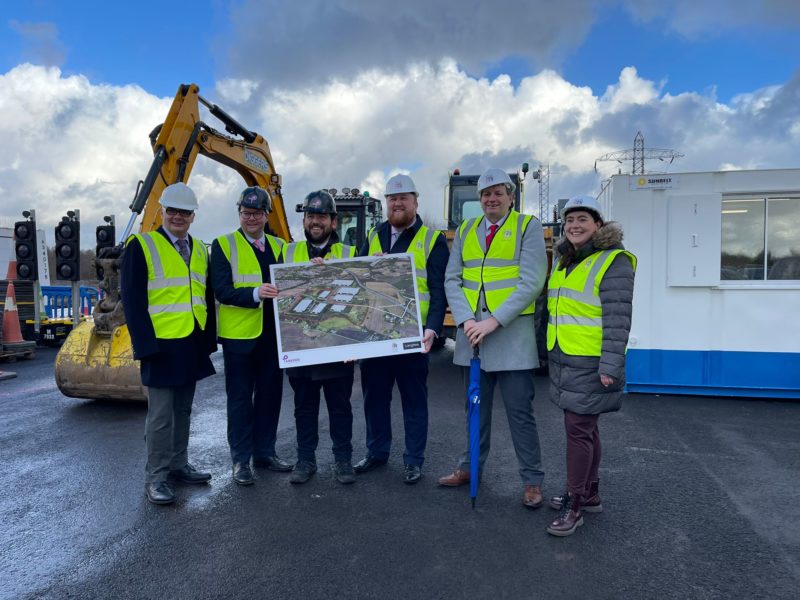
The Liverpool City Region Freeport has cleared one of the final hurdles in its development with the announcement of government approval for its outline business case.
The final stage in development is now to submit a full business case later in April. Assuming that it is approved in the spring, the new Freeport will receive funding of £25 million and be open for business in early summer, boosting the city region’s post-pandemic economic recovery.
The Liverpool City Region will be home to one of just eight Freeports in England. The new Freeports are expected to be hubs of business and enterprise which have the potential to create thousands of jobs, help regenerate communities and establish Britain’s post-Brexit place in the world. The government says that they are central to its levelling up strategy.
Steve Rotheram, Labour Mayor of the Liverpool City Region said:
“The establishment of the Liverpool City Region helps cement our status as a leader in global trade and industry, and will help us attract critical inward investment and create well-paid, highly skilled jobs. It is predicted that our Freeport has the potential to add an additional £850m to the local economy and will help us to build on some of our existing world class strengths.
“But, for us, it means much more than that. Throughout this journey, I’ve asked for guarantees to ensure that we’ll use our as a Freeport as a force for good, to help build an economy that works for everyone in our region.
“I want to attract investors into our region who believe in and support our local ambitions – those who will help us to protect workers’ rights and uphold standards, and who want to work with us to regenerate and invest in the areas that need it most.
“Our Freeport will offer lots of opportunities for the Liverpool City Region. It’s my vision to ensure that there is purpose behind that status – that not only drives our economy, but fuels greater social mobility, innovation, and inclusion for our whole region.”
David Baines Labour Leader of St Helens Borough Council, said:
“This another huge step forward for our borough and the whole region. Parkside is a key part of the Freeport plans and there is no doubt at all that it can be a transformational site for the local economy. I warmly welcome this latest news an look forward to continuing the work of delivering the Freeport, creating jobs, attracting investment to St Helens and the region.”
Speaking about this latest step forward, John Lucy, the Liverpool City Region Freeport Director, said:
“Having our outline business case accepted is a hugely significant step towards our Freeport becoming operational and attracting businesses to take advantage of the full range of benefits we can offer, which will in turn create thousands of sustainable, high-quality jobs.
“We will attract additional trade through the port of Liverpool but the Freeport will bring benefits for the whole of the Liverpool City Region, extending as it does over a large part of our region with a number of sites offering benefits to businesses.
“There’s a comprehensive measure of packages that includes tax relief and support for customs, business rates, planning, regeneration, R&D and upskilling to name just a few. At the same time, new technologies and sustainable innovations are taking centre stage and providing answers to the challenges that a lot of large, complex companies are facing.”
Liverpool City Region (LCR) Freeport will be a designated area covering 45km, where a range of economic incentives will be available, covering customs, business rates, planning, regeneration, innovation and trade and investment support.
The LCR Freeport will create a low-carbon, multi-modal, multi-gateway trade platform with a network of sites attracting high-value investment, supporting growth and employment to regenerate communities through advanced industry, innovation, and collaboration.
Centred on a mix of infrastructure including the deep-water container terminal at the Port of Liverpool – the UK’s biggest western facing port, which already handles 45% of trade from the US –it’s the key coastal access point to the UK’s largest concentration of manufacturing.
Targeting key sectors including automotive, biomanufacturing/pharmaceuticals and maritime, the LCR Freeport will also support and attract new advanced manufacturing, logistics and low carbon energy industries.
